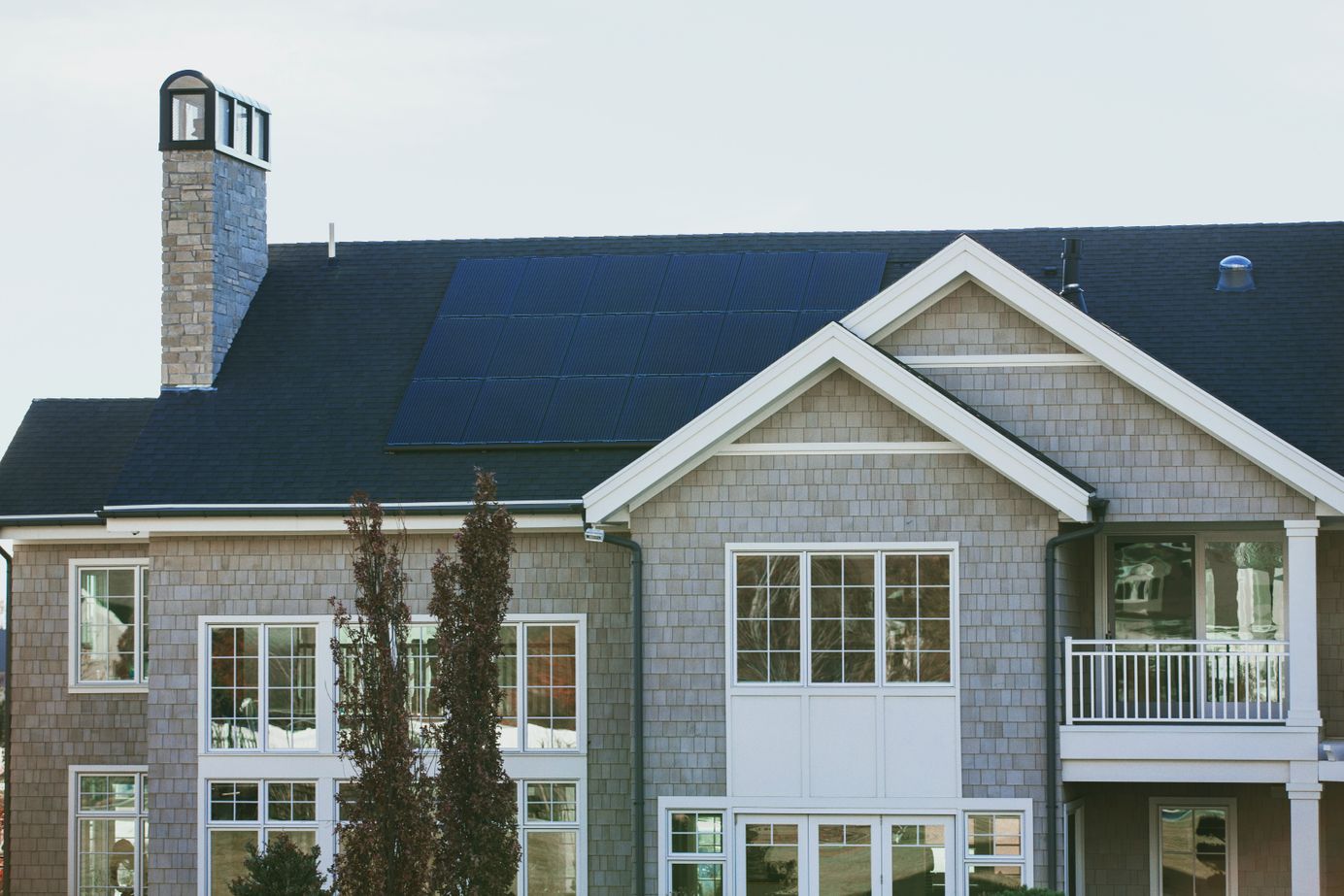
Renters: 7 Steps to Help You Get Back Your Security Deposit
If you’re a renter moving out and you took care of your unit, these steps may increase your chances of getting back your security deposit.
Security deposits are a common source of conflict between tenants and landlords. While we all know we should keep our apartments tidy and in good shape, some steps to limit the chances of misunderstanding between you and your landlord are not as obvious.
In this article, we discuss deposit refund steps that may increase your chances of getting back your security deposit.
1. Give your landlord ample notice before your move-out date
Thinking of moving out? Be sure you understand your obligations spelled out in the lease or rental agreement. Generally, most states require both the landlord and the tenant to provide at least a 30-day notice. The notice minimum can vary depending on a tenant’s rent payment schedule and state rules. For example, if you pay rent every two weeks, then you may be able to provide a 2-week notice to move out.
If you leave before a fixed-term lease expires, then your landlord is entitled to the remaining rent balance. The remainder would be deducted from your deposit. However, the landlord must take reasonable steps to rerent. For example, if you were to move before your lease ends, you would owe rent for the entire lease term up until the day your landlord finds a new tenant.
Tellus Tip
If you are in the military, you have the right to terminate your tenancy for military reasons, such as permanent change of station (PCS) and deployment.
2. Request a preliminary inspection
In some states, tenants have the right to request a preliminary (or initial) inspection. For example, in Washington state, a tenant may ask the landlord for an initial inspection no earlier than two weeks before the tenancy ends. The purpose of this inspection is for the landlord to identify problem areas that justify security deposit deductions and give the tenant ample time to remedy them.
3. Inform your landlord of your cleaning plans
Before you begin cleaning and making minor repairs, let your landlord know of your plans in writing. Also, request they respond with either their approval or further instructions. The objective is to get clear guidelines for how much you should invest in cleaning and repairs. You do not want to do too little or too much, such as addressing issues caused by normal wear and tear.
Related: Renters: 7 Steps to Help You Get Back Your Security Deposit
4. Clean and make repairs you’re responsible for
Tenants are required to return their unit to its original condition at the beginning of tenancy, minus normal wear and tear. If you leave your unit filthy or damaged, your landlord has the right to deduct the cost of cleaning and repair from your deposit.
Examples of cleaning and repairs you can consider:
- Clean the kitchen and bathroom thoroughly
- Vacuum rugs and carpets
- Sweep and mop floors
- Remove all personal belongings
- Properly bag and dispose of trash
- Patch up large holes from wall hangings
- Replace batteries in smoke and carbon monoxide detectors
- Empty your refrigerator and clean any messes inside it
5. Document your work and save receipts
Many experts advise documenting the condition of a rental with photos or video when moving in so you only take responsibility for the damage that occurred during your tenancy, not before. Also, you should follow the same procedure when moving out. Visual proof is helpful to both you and your landlord by removing, or at least minimizing, chances of future disputes.
Furthermore, you should save your receipts for cleaning and repair products you purchased and receipts from professional services, such as maintenance or carpet steaming. These serve as proof if your landlord, for example, needs to be sure the carpets have been thoroughly cleaned.
Tellus Tip
Tellus offers both landlords and renters a modern solution for storing records of move-in and move-out inspections on the Cloud. Renters can take photos directly from their phone and send attachments to their landlord using the chat feature.
6. Be present at the final inspection
Some states give tenants a legal right to be present at the final inspection, including California and Arizona. To arrange this, send your landlord a brief note requesting to be present. The final inspection would provide you an opportunity to discuss the landlord’s intentions to make a deduction and reach a compromise if necessary. In some states, such as Montana, if a landlord identifies problematic areas, a tenant can ask their landlord for another opportunity to address them.
7. Give your landlord a forwarding address
It goes without saying that you should provide your landlord a forwarding address to receive your security deposit. In some states, if your landlord cannot locate you, they may be entitled to keep the security deposit after a specified period has passed.
Common Tenant Questions
What happens if I give my landlord inadequate notice for moving out?
Depending on your state, if you provide inadequate notice, your landlord may be able to withhold a portion of your security deposit for unpaid rent unless the rental unit is immediately re-rented.
Does the preliminary inspection guarantee the return of my entire security deposit?
No, because damage may have been covered up by your personal belongings, like furniture. Also, new damage may have occurred after the initial inspection.
Am I responsible for normal wear and tear?
No, since the security deposit cannot be used to cover the cost of normal wear and tear, the tenant is also not required to clean or fix items that have naturally deteriorated.
When should I get my security deposit back?
The deadline for your landlord to itemize and return your security deposit depends on the state. For example, in California, the deadline is 21 days. The deadline is 14 days in Hawaii, while in Louisiana, it is one month.
I paid last month’s rent when I moved in. Do I get it back with my security deposit?
It depends. In Massachusetts, if a payment is labeled as “last month’s rent,” the rent must be applied to the last month of your tenancy if you still owe for the last month. Your landlord cannot use it to make repairs. Sometimes, tenants forget about the prepayment of the last month’s rent and they submit a payment for the month after their tenancy. That prepaid amount should then be returned to the tenant.
In California, payment in excess of the first month’s rent is considered part of the security deposit. If a portion is labeled as “last month’s rent,” then you would have paid for your last month in the rental. If you damaged your unit, your landlord may use a portion of your last month’s rent to pay for any repairs.
What can a landlord deduct from a security deposit?
This may vary, so be sure to check with your state laws. Generally, a landlord may deduct for the following reasons:
- Unpaid rent
- Repairs and cleaning beyond normal wear and tear
- Repairing damaged property
- Replacing missing property
A good rule of thumb is you should not be charged for damages or dirt present when you first moved in. Neither should you be charged for normal wear and tear.
Final Word
Your landlord is required by law to ensure the unit is fit and habitable for the next tenant that comes along. To minimize their losses, landlords also need assurance a tenant will pay the rent when it's due. These reasons are why landlords collect and hold security deposits. As long as you maintain the property in good condition and honor your agreement, you have a better chance of getting back your security deposit from your landlord when it is time to move.








